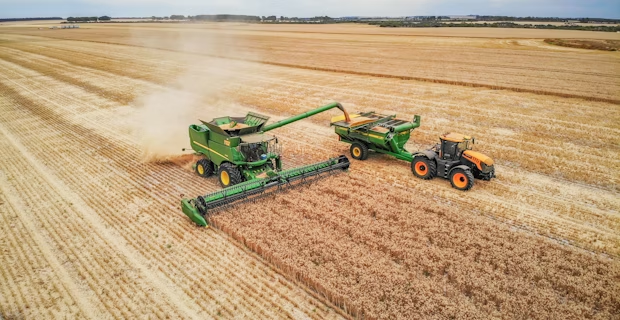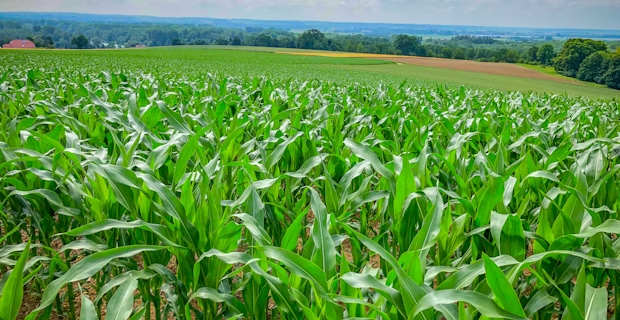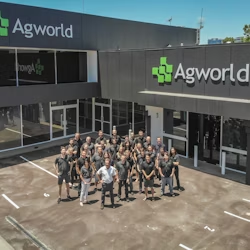Every grower and agronomist will tell you that growing a successful crop is not easy. This is due to many factors outside of their control that ultimately determine the outcome of the season, such as weather and the rise of input costs, that can decide a season but that cannot be influenced. Regardless of this, the same four basic process underpin every growing season:
- Planning
- In-season decision making
- Execution
- Reporting & analysis
It is important for growers and their advisors to have their data accessible at all times, and in a format that allows for it to be easily interpreted, so that it can underpin both the planning as well as better discussion leading to decision making. For example: a grower and their advisor both have access to their soil test results and are able to overlay this with last year’s yield data to create management zones that result in a variable rate fertiliser prescription.
We all know that ‘this is how we’ve always done it’ doesn’t cut it anymore, but it begs the question: what information should be used to make decisions, and how do you get the data that supports it? Most Australian growers and agronomists already use digital records to be able to look back on past years, create multiple planning scenarios with different budgets to work with higher input costs or lower commodity prices, and turn the planning process into a collaborative effort. Additionally, what is becoming increasingly more common is the use of precision field data to help create accurate plans that show the economic benefit for the best decisions during the season.

An important factor to consider for precision data is: who has access to it? Take yield data for example: if a grower collects yield data through MyJohnDeere online and uses their local dealership to clean and surface this data, it is probably of high quality and can be useful at different points throughout the season. But, where can this data layer now ‘live’ so that it is easily accessible throughout the season, in the field, and by both grower and agronomist? According to feedback from many of our users, they prefer this data to reside in Agworld with all their other information, so we are committed to making this happen.

In line with our commitment to centralise data for growers to gain easy access in one place, we have been working hard with our friends at PCT Agcloud to get more precision data layers into Agworld via PCT Agcloud. These data layers are already used by many growers and agronomists throughout Australia. Right now, Agworld grower and agronomist users with the appropriate subscription tier can use the following precision solutions in Agworld:
- Sync grower, farm, and field information between Agworld and PCT Agcloud
- View precision layers such as: yield, soil survey, management zones, trial data, seeding rate and EM on the maps page
- Variable rate prescriptions created in PCT Agcloud are available in Agworld and can be converted into a Agworld recommendation, work order or actual
- Prescriptions from other providers can be manually uploaded into Agworld
- Create soil sample jobs in Agworld, collect the sample with our sampling app, and have the results returned to you in Agworld by participating laboratories.

Got what it takes to join the Agworld team? We’re looking for talented individuals to help us deliver innovative solutions in agriculture.
These features are available to both agronomists and growers who use Agworld, with the appropriate subscription tier so everyone involved in the farming process can collaborate in this process. By partnering on the same platform through using the same standardised data, everyone stays in-sync and the best possible results can be achieved. Curious how? Please contact me on the details below if you’d like to see how this can work for your farming operation.





